7 worst foods and drinks for your teeth
Find out which ones can contribute to tooth enamel loss.
Updated on September 4, 2024

When you’re looking for a crisp drink, you might reach for a sparkling soda or sports drink spiked with citrus flavors. The problem is, although they may quench your thirst or replenish electrolytes, beverages (and foods) like these that contain acidic ingredients can be harmful to the surface of your teeth.
It’s not necessary to abandon all your favorite tart treats, but for the benefit of your dental health, here are a few ways to sip and snack smarter.
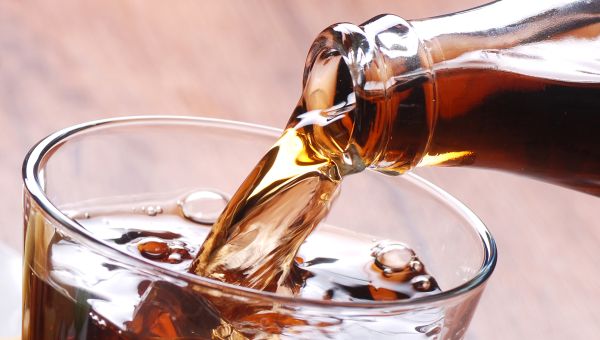
Soft Drinks
Guess what? Sugar isn't the biggest factor when it comes to a fizzy drink's impact on teeth. These beverages—diet or not—strip minerals from tooth enamel because of their high acid content. We're talking corrosive chemicals like phosphoric, malic, citric, and tartaric acids.
The flavor of the fizz matters, too. One 2020 study published in the Journal of Clinical and Experimental Dentistry showed that beverages like lime juice and lime soda have a sufficiently low pH to cause erosion of the enamel surface.

Sports Drinks
Staying hydrated during exercise is important. But unless you're a true endurance athlete, you might want to reconsider sports drinks. Their high concentration of strong acids can produce substantial enamel damage in teeth. A 2022 research review published in Applied Sciences revealed a relationship between the development of dental erosion and regular physical activity, especially in those who use sports drinks to quench their thirst.
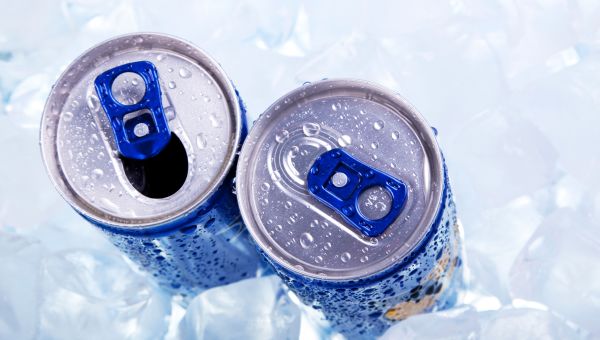
Energy Drinks
Research has shown that energy drinks are significantly more acidic than sports drinks, which may contribute to enamel erosion. Energy drinks are an especially bad idea for adolescents and young adults, whose tooth enamel is less mature and more porous.
Need a liquid pick-me-up? Skip these potential tooth strippers and consider dental-friendly tea instead.
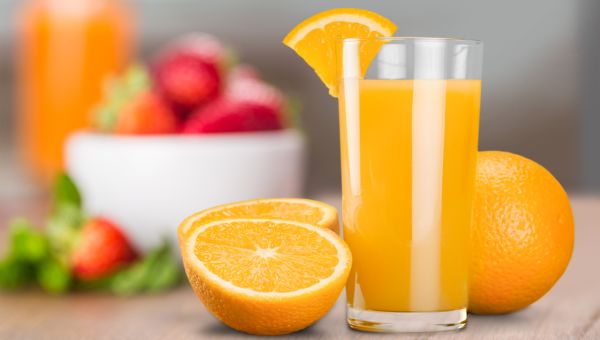
Fruit Juices
Fruit juices, especially citrus and apple varieties, contain the kinds of acids that wear down tooth enamel. The American Dental Association ranks lemon juice atop a list of all drinks in terms of acidity levels. One 2015 study published in PLoS One showed that apple juice and orange juice are about five times more erosive (meaning they cause erosion) than colas.
Of course, some juices have some good-for-you qualities, including vitamins and antioxidants. So don't write them off completely. Just drink them in moderation or dilute them with water. As an extra measure, rinse your mouth with water after sipping acidic fruit drinks. And choose calcium-fortified juices that may pose less of a hazard to tooth enamel.
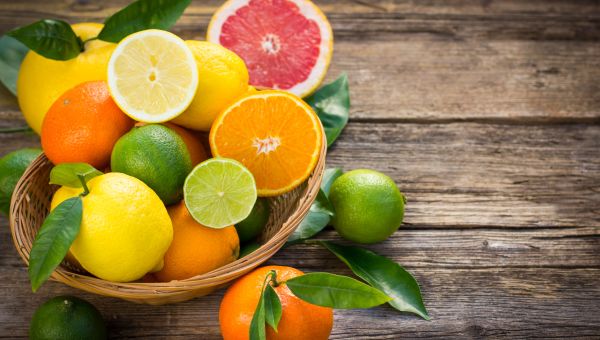
Whole Fruit
Have you ever seen someone suck on a slice of lemon or lime? Refreshing, maybe, but here's why that's a bad idea for your teeth: Fruits from the citrus family—including oranges, lemons, and limes—contain enamel-damaging acids. Berries do, too.
Still, you don't want to ditch fruit and all the health benefits they confer. Just eat fruit with a meal or other buffer like yogurt or milk to help minimize acid effects.
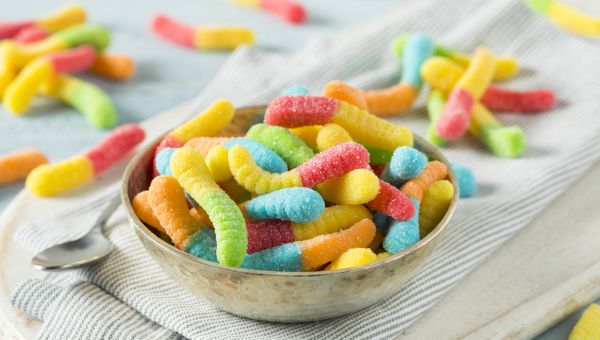
Sour Candy
Can't resist those tangy hard candies or sour gummies? Here’s a reason to try harder: In a study comparing regular candy to more astringent versions, the sour varieties were significantly harder on tooth enamel. Candy manufacturers add more acids—or different kinds of acid—to sour candy varieties to give them that pucker-up effect. And it's those "tangy" acids that can create deep craters in your tooth enamel.
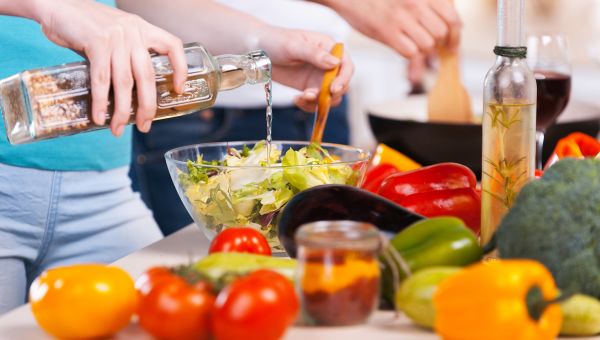
Vinegar
Vinegar turns up in lots of places—salad dressings, sauces, potato chips, pickles, and kombucha (a type of fermented tea). But each could spell trouble for tooth enamel.
In a Swiss study published in 2021 in Oral Health and Preventive Dentistry that looked a variety of bottled salad dressings, balsamic vinegar-based dressings showed a significantly higher erosive potential than orange juice.
Vinegar is otherwise a low-fat, low-calorie way to add flavor to your favorite dishes, so it can be an important part of a healthy diet. Just be sure to rinse with water afterward to protect your teeth.
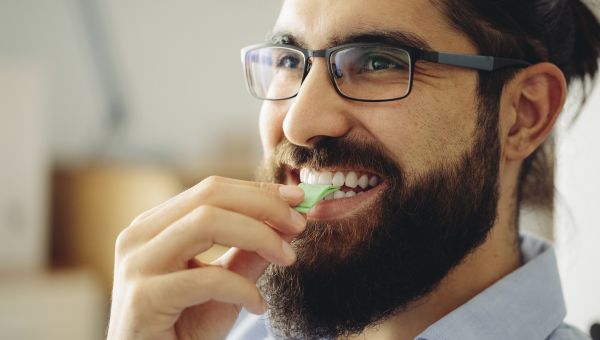
How to eat to preserve your teeth
You can't always avoid enamel-eroding foods, but there are a few steps you can take to minimize acid wear:
- Avoid snacking in between meals to minimize acid attacks.
- Don't swish or hold acidic beverages in your mouth. Sip them through a straw to reduce the amount of time the acids come into contact with your teeth.
- Rinse your mouth with water or chew sugarless gum after meals to help neutralize acid.
- Consume high-calcium milk or cheese before or with meals to help reharden enamel. Eating foods high in iron, such as liver or broccoli, may help as well.

Remember good oral hygiene
If you do consume acidic foods or beverages, wait at least 30 minutes before brushing your teeth. This gives softened enamel a chance to reharden, so it's less prone to damage. When you do brush, be sure to do so with fluoride toothpaste to help fortify enamel. And always see your dentist for regular checkups and scheduled cleanings to help prevent tooth decay.
Healthy tooth enamel means healthy teeth. And because enamel damage is irreversible, it’s worth the effort to protect those pearly whites.

American Dental Association. Erosion: What You Eat and Drink Can Impact Teeth. Accessed June 6, 2022.
Rajeev G, Lewis AJ, N S. A time based objective evaluation of the erosive effects of various beverages on enamel and cementum of deciduous and permanent teeth. J Clin Exp Dent. 2020;12(1):e1-e8. Published 2020 Jan 1.
Nijakowski K, Zdrojewski J, Nowak M,et al. Regular Physical Activity and Dental Erosion: A Systematic Review. Appl. Sci. 2022, 12, 1099.
Jain P, Hall-May E, Golabek K, Agustin MZ. A comparison of sports and energy drinks--Physiochemical properties and enamel dissolution. Gen Dent. 2012;60(3):190-199.
Silva JG, Martins JP, de Sousa EB, et al. Influence of energy drinks on enamel erosion: In vitro study using different assessment techniques. J Clin Exp Dent. 2021;13(11):e1076-e1082. Published 2021 Nov 1.
Zimmer S, Kirchner G, Bizhang M, Benedix M. (2015). Influence of Various Acidic Beverages on Tooth Erosion. Evaluation by a New Method. PLoS ONE 10(6): e0129462.
Naidoo LS, Onwubu SC, Murugan N. Evaluating the erosive effect of sour candy on human tooth enamel. Journal of Dentistry and Oral Hygiene. 2020 12 (2): 27-34.
Hartz JJ, Procopio A, Attin T, Wegehaupt FJ. Erosive Potential of Bottled Salad Dressings. Oral Health Prev Dent. 2021;19(1):51-57.
More On


video

article
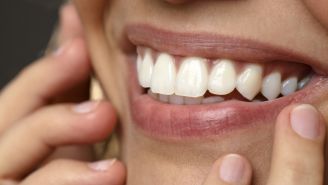
slideshow


video


video
